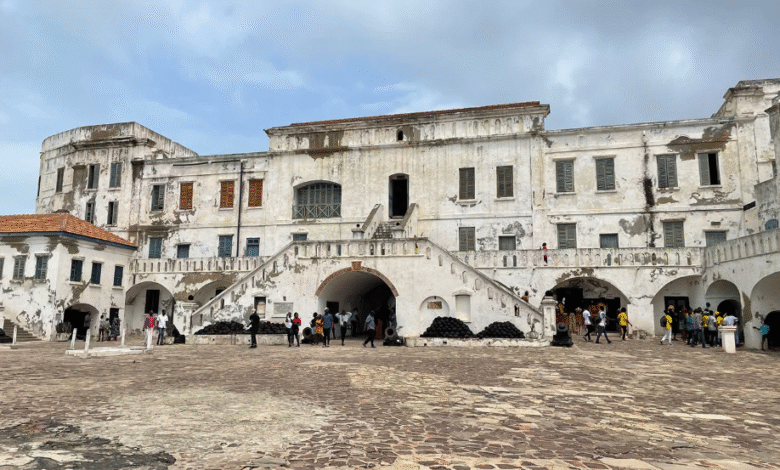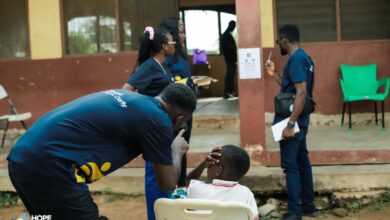Scars of the Slave Trade: Remembering the Human Cost on Victims

The International Day for the Remembrance of the Slave Trade and its Abolition is not just a date on the calendar. It is a call to remember the millions of Africans who bore the unbearable cost of one of history’s darkest chapters.
To mark the day, the United Nations Resident Coordinator in Ghana, Zia Choudhury urged Ghanaians and the global community to reflect on the human cost of one of history’s greatest tragedies.
He recalled that the trans-Atlantic slave trade stripped millions of Africans of their dignity, culture, and lives. “Millions were uprooted, families were torn apart, and entire communities were left broken. The scars are still visible today, not only in the ruins of forts and castles along our coasts but also in the persistent inequalities that continue to affect people of African descent,” he noted.
The Coordinator stressed that the trade was not only an attack on individuals but a profound wound to African societies and humanity as a whole. The victims paid with their lives, their freedom, and their futures. Those who survived the harrowing journeys across the Atlantic were subjected to lives of forced labour and abuse, while generations after them inherited a legacy of trauma and exclusion.
He added that remembering the victims means more than recalling history. “It is about acknowledging the depth of suffering endured, honouring their resilience, and committing to ensure such inhumanity is never repeated. Their cries should remind us of the urgent need to build societies rooted in justice, equality, and dignity for all.”
The Coordinator further reminded that racism and discrimination remain living legacies of slavery. “The fight against these injustices is far from over. True remembrance means tackling inequality in all its forms and ensuring that every individual enjoys equal opportunity.”
As Ghana and the world marked this solemn occasion, his message was clear: the cost of the slave trade was immeasurable, but the responsibility to repair and build a fairer world remains with this generation.




